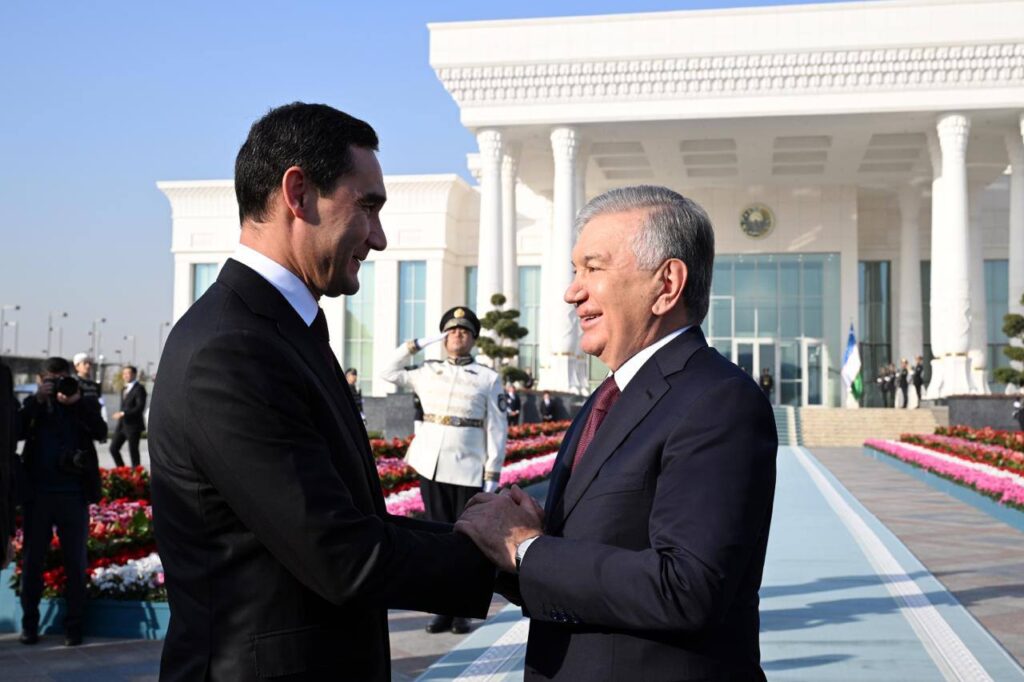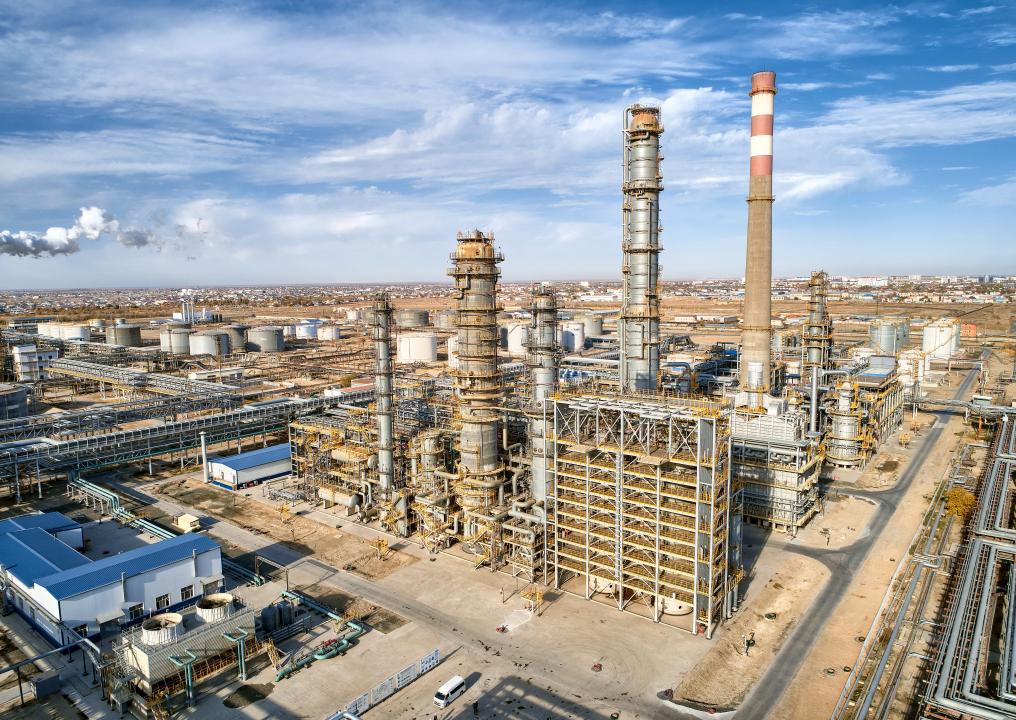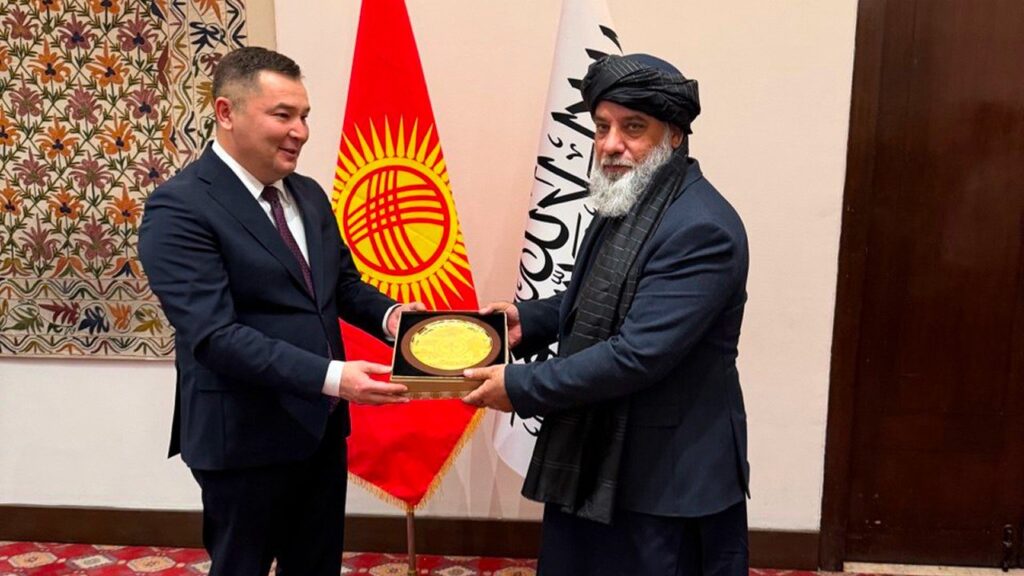KABUL (TCA) — Officials of the Turkmenistan-Afghanistan-Pakistan-India (TAPI) gas pipeline project in Afghanistan say that so far they have completed 45 percent of the land acquisition process of the project in five Afghan provinces, Afghan broadcaster TOLOnews reported.
The officials said an authoritative committee should be assigned to overcome the land acquisition problems along the planned route of the pipeline.
Work has started on TAPI project in five provinces, the officials said, but did not name the provinces.
“The acquisition of land is a challenge because much of the land located on the route of the project is privately owned. In some cases, the dispute over the land is referred to court,” said Zahid Safi, a legal advisor of TAPI in Afghanistan.
The TAPI pipeline project was inaugurated by leaders of the four participating countries in January 2016. The work on the Turkmenistan section of the project was completed in February and that month, work on the Afghanistan section kicked off in Herat province in the west of the country.
“The project is very important in terms of income, the economy and employment opportunities for the people. We ask government to implement the project in its best form,” said Shabir Bashiri, an analyst in economic affairs.
The 1,814-kilometer gas pipeline will pass through Afghanistan to Pakistan and India. At least 816 kilometers of the pipeline will pass through the territory of Afghanistan.
The pipeline passes through Herat, Farah, Nimroz, Helmand and Kandahar provinces of Afghanistan.
The final destination of the pipeline will be the Indian town of Fazilka, near its border with Pakistan.
The project will cost $22.5 billion.
The project is scheduled to be completed by the end of 2019.
Afghanistan is expected to earn more than $400 million in transit duties annually from the project.









